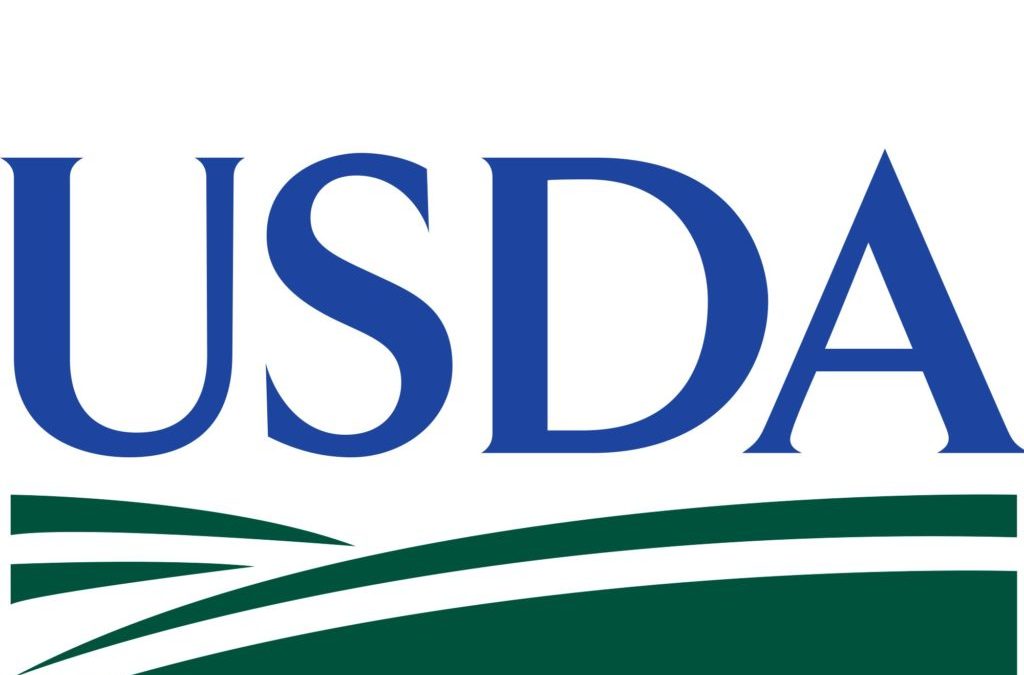The U.S. Department of Agriculture (USDA) announced it is awarding $197 million for 41 locally led conservation projects through the Regional Conservation Partnership Program (RCPP). RCPP is a partner-driven program that leverages partner resources to advance innovative projects that address climate change, enhance water quality, and address other critical challenges on agricultural land.
“Our partners are experts in their fields and understand the challenges in their own backyards,” Agriculture Secretary Tom Vilsack said. “Through RCPP we can tap into that knowledge, in partnership with producers and USDA, to come up with lasting solutions to the challenges that farmers, ranchers, and landowners face. We’re looking forward to seeing the results of public-private partnership at its best, made possible through these RCPP investments…”
Camp Bullis Sentinel Landscape RCPP
Joint Base San Antonio–Camp Bullis, which provides critical medical training facilities for all branches of the Armed Forces, faces numerous challenges to its mission including urban encroachment, increased droughts, floods, and wildfire risk, decreases in water quality and quantity, decreases in habitat for critical species, and ultimately an increased vulnerability to climate change. Texas A&M AgriLife Extension and a unique coalition of military, conservation and agricultural organizations plan to use a combination of land management activities and conservation easements to address these resource concerns across an almost million-acre project area. Project funding will be targeted to lands with maximal conservation value to meet the goals and objectives of the Camp Bullis Sentinel Landscape. The lead partner is Texas AgriLife Extension Service.
As part of each project, partners offer value-added contributions to amplify the impact of RCPP funding in an amount equal to or greater than the NRCS investment.
Private landowners can apply to participate in an RCPP project in their region through awarded partners or at their local USDA service center
.
Click here to read the full USDA press release.


 .
.